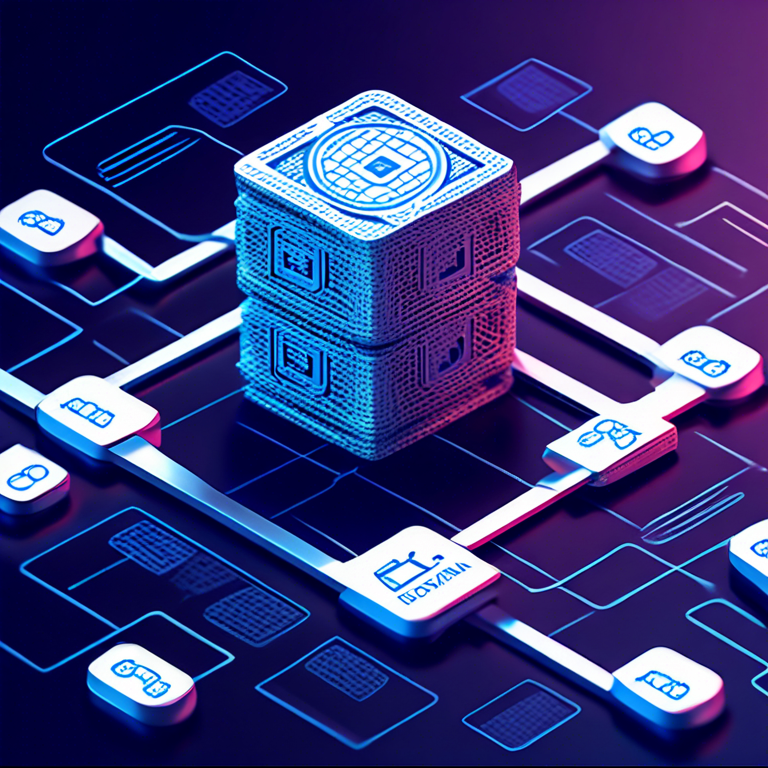As the digital landscape continuously evolves, the incorporation of blockchain technology in the realm of legal documentation, specifically for notarial certification, marks a significant transformation. This article explores the intricacies of blockchain notarial certification, its advantages, implementation challenges, and future prospects. Through an analysis of how this technology integrates with traditional legal systems, we uncover the potential blockchain holds in enhancing security, transparency, and efficiency in legal document authentication.

The Basics of Blockchain and Notarial Services
Blockchain technology is fundamentally a decentralized ledger that records transactions across multiple computers in a manner that ensures the security and immutability of the data. When applied to notarial services, blockchain provides a platform for verifying the authenticity of documents without the need for a central authority. This application relies on cryptographic signatures, ensuring that once a document is recorded on the blockchain, it cannot be altered, thereby providing an immutable proof of existence and content at a specific point in time.
Implementing Blockchain in Notarial Practices
The implementation of blockchain in notarial certification involves several steps, including the creation of a digital version of a document, cryptographic signing by the relevant parties, and recording the document on the blockchain. This process ensures that the document is tamper-proof and can be verified independently by any party without revealing sensitive information contained within the document. This method of certification is gaining traction among industries that require the highest level of document integrity and authenticity.
Advantages Over Traditional Notarization
Blockchain notarization offers numerous advantages over traditional methods. Firstly, it significantly enhances the security and permanence of document certification, making fraud and document tampering virtually impossible. Additionally, blockchain notaries can provide instant verification of document authenticity globally, without geographical or temporal limitations. This digital transformation also leads to a reduction in processing time and costs, as it eliminates the need for physical storage, paper, and in-person verification processes.
Challenges and Limitations
Despite its benefits, the integration of blockchain into notarial services faces challenges. Legal recognition varies by jurisdiction, with some countries yet to officially recognize blockchain-based notarizations. Moreover, there is a need for a paradigm shift in public and institutional trust towards digital certifications. Technical limitations, such as the complexity of implementing blockchain systems and ensuring user accessibility, also present hurdles to widespread adoption.
The Future of Blockchain Notarization
The future of blockchain in notarial certification looks promising, with ongoing advancements aimed at overcoming current limitations. Legal frameworks are gradually adapting to accommodate blockchain technology, recognizing its potential to revolutionize the field of notarial services. As public trust in blockchain technology continues to grow, we can anticipate its broader adoption, making digital notarization the standard for legal documentation verification.
In conclusion, blockchain notarial certification represents a formidable innovation in legal documentation, offering unparalleled security, transparency, and efficiency. Despite facing certain challenges, the potential for blockchain to modernize the notarization process is immense, with promising prospects for its future integration into legal systems worldwide. As technology advances and legal frameworks evolve, blockchain notarial services are set to redefine the standards of document authentication and verification.


